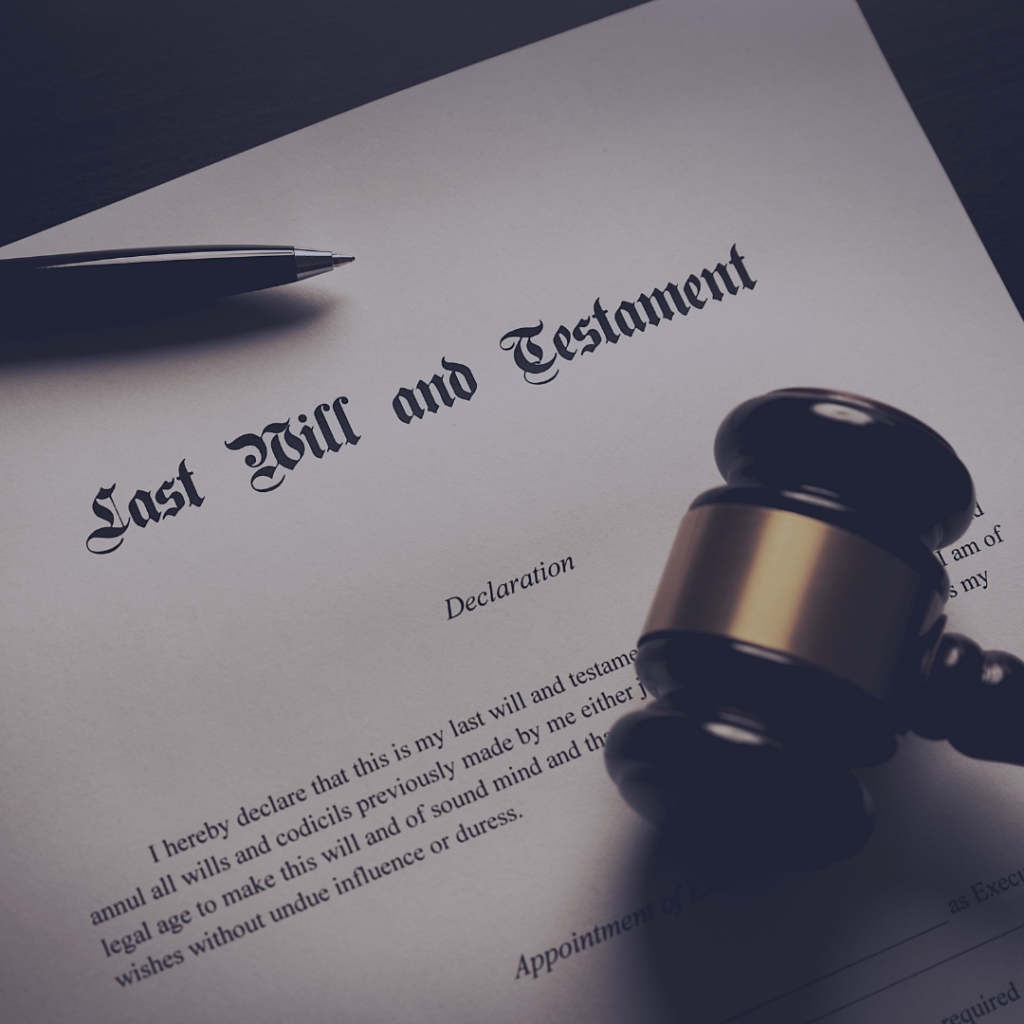
A Will is a record of the deceased person’s wishes and intentions pertaining to the devolution of his property upon his death. A Will is a testamentary document and is meant to take effect upon death; it has no legal effect until the maker dies.
Section 5 of the Law of Succession Act provides that every person who is of sound mind and not a minor may dispose of all or any of his free property by will, and may thereby make any disposition by reference to any secular or religious law that he chooses.
An essential point to remember about Wills is:
- A will only takes effect upon the maker’s death. Until such death, a Will is only a declaration of intent. It doesn’t bind the maker, and he may sell or dispose of his assets during his lifetime.
What questions should you answer before you sit down to write a will?
a) Whom do you wish to appoint as executors of your will?
b) If you have minor children, who are to be the guardians of your minor children in the event of the deaths of both yourself and your spouse?
c) What assets do you own and what are their approximate values? You should ideally have copies of all title deeds, logbooks, and share certificates.
d) Do you own the assets in your name or jointly with others, noting that property held under joint tenancy cannot be disposed of under a Will?
e) Do you wish to leave to anyone any specific land or houses, goods, shares, or cash?
FAQs about Wills
- Why do I need a Will and what happens if I don’t make one? A Will ensures that your assets go to the people you intend after your death. In the absence of a Will, the Law of Succession Act lists how distribution of your estate will occur under the rules of intestacy.
- Why do I need a lawyer to draft my Will? A lawyer will advise you as to the legal thresholds required for preparation and execution of a Will, and this lowers the likelihood of the same being challenged.
- How often do I need to review my Will? Ideally, Wills should be reviewed after major life changes such as deaths, births, marriages, and divorces, and this can be done after every 5-year period.
- What key things should a person making a Will factor in when preparing a Will? Note that:
- Joint property, insurance policy proceeds, and pension amounts do not usually form part of the Estate as there are separate laws that cater for these assets.
- Executors can be beneficiaries under the Will, but the witnesses to the Will and the person helping the testator draft the Will cannot benefit.
- If the person making the Will is ill or hospitalized, it is advisable to get a medical report certifying that he is mentally and physically fit to make his Will.
- A Will can be invalidated where it is proved that the maker was not sane or was drunk, was acting under a mistake or did not understand or know the contents of the document he was signing, where it is evident there was coercion or undue influence, and where there are suspicious circumstances around its making.
- Where can I store my Will? It is best that the Advocate preparing the Will stores it. You can have a copy, and a trusted person who is not benefiting can also have a copy and be advised who has the original Will.
If you or your company are looking for assistance with will preparation, estate planning, or understanding succession law in Kenya, please reach out to Divinah Ongaki (dso@smc-legal.com) or (info@smc-legal.com)

